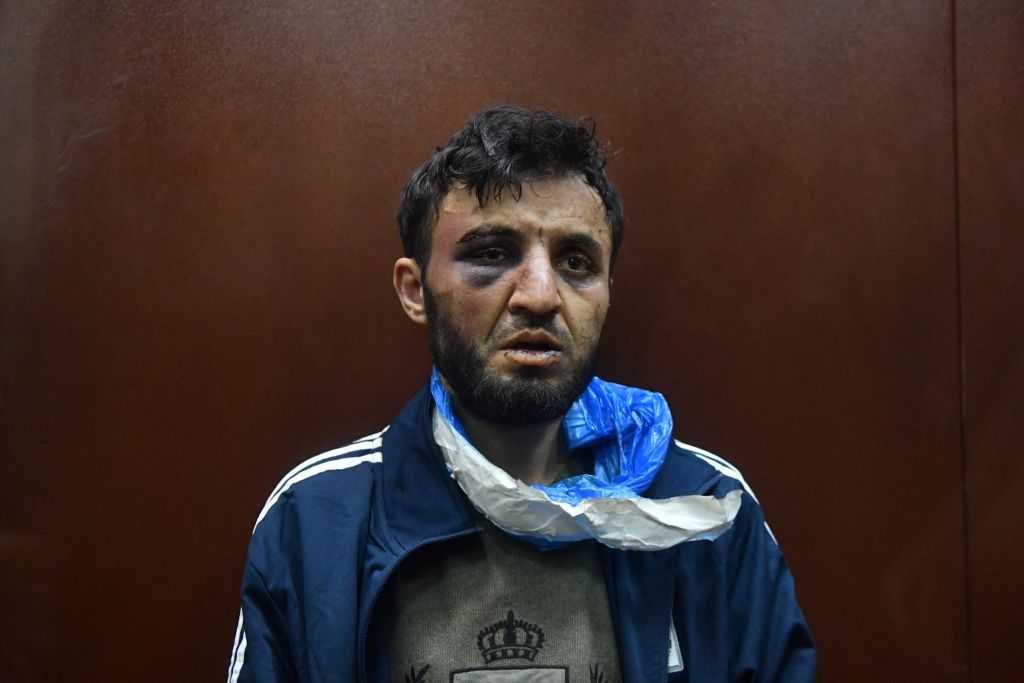The article discusses the contrasting responses of France and Russia to terrorist attacks that took place in their respective countries. In November 2015, France experienced a devastating terrorist attack in Paris, resulting in over 130 deaths. The attackers targeted the Bataclan Theater during a concert, causing fear, anger, and defiance in French society. However, France responded by ensuring a fair trial for the suspects involved, showcasing a commitment to the rule of law and human rights. In contrast, Russia faced a similar attack in March 24, where gunmen killed at least 137 people in Moscow. The response in Russia involved mutilation, torture, and humiliation of the suspects, highlighting a disregard for human rights and fair treatment.
The trial for the suspects involved in the Paris attacks began in June 2021, demonstrating France’s dedication to ensuring even those accused of heinous crimes receive a fair trial. The French response, although criticized for being heavy-handed at times, was driven by a desire to show the world that they are different from the terrorists. On the other hand, Russia’s treatment of terror suspects involved extreme forms of torture and denial of fair trials, leading to blatant human rights violations. The contrast in responses reflects the values of each country and their approaches to justice and human rights.
The article also delves into the deep-rooted history of defending human rights and the rule of law in France. It mentions Jacques Vergès, a defense counsel known for his unwavering commitment to the rule of law, who inspired one of the defense lawyers in the Nov. 13 case. France’s response to terrorism, despite its imperfections, was shaped by a desire to uphold human rights and ensure justice for all individuals, even those suspected of organizing terrorist attacks. This commitment to fairness and justice sets France apart from countries like Russia, which have been criticized for their brutal treatment of terror suspects.
In Russia, the response to terrorist attacks involves extreme forms of violence and torture, as seen in the case of suspects in the Moscow attack. The mutilation and humiliation of suspects, along with the denial of fair trials, reveal a disturbing pattern of human rights abuses in the country. The article highlights the ongoing conflict in Ukraine and how Russia uses the label of “terrorists” to target innocent civilians and soldiers, leading to widespread torture and abuse in occupied territories. The systematic torture of Ukrainians by Russian forces raises concerns about the humanitarian crisis and the need for international intervention to protect the rights of those trapped in Russian-occupied territories.
The article concludes by emphasizing the urgent need to support independent journalism in Ukraine and stand against human rights violations in the region. The contrast between France’s response to terrorism, focused on justice and fairness, and Russia’s brutal approach, characterized by torture and denial of rights, underscores the importance of defending fundamental human rights. As the world navigates complex conflicts and challenges, it is crucial to uphold the principles of justice, fairness, and human dignity, even in the face of terrorism and violence.















